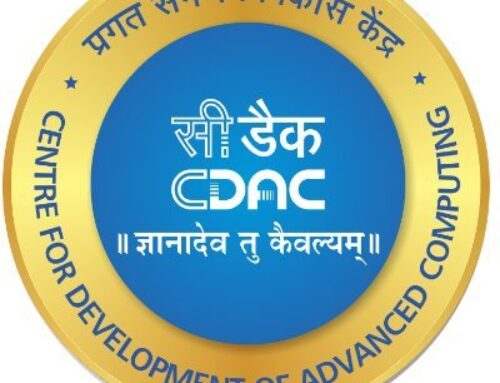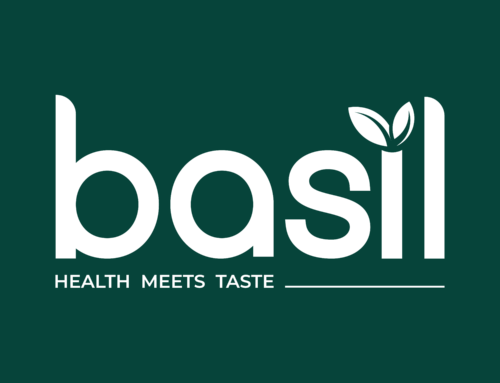First and foremost, we extend our heartfelt gratitude to the Aegis Graham Bell Awards team and jury for this incredible opportunity to present our innovation. This platform celebrates innovations that address the world’s most pressing challenges, and it is an honor to showcase a solution that not only tackles plastic waste but also redefines the way we manufacture sustainable materials.
Plastic waste has become a global crisis. In 2016 alone, the world generated over 242 million tonnes of plastic waste, much of which ended up in landfills or oceans. In India, the situation is exacerbated by a fragmented recycling industry struggling with inefficiencies and limited compliance with Extended Producer Responsibility (EPR) regulations.
The plastic composite sheet sector epitomizes these challenges. Many manufacturers use wooden plywood manufacturing presses, leading to inconsistent quality, high rejection rates, and material wastage. This unorganized approach results in poor product durability and hinders the potential of recycled plastics. A transformation is urgently needed.
The Hot & Cold Press Machine for Corrugated Composite Panels is a groundbreaking solution that addresses these inefficiencies and uplifts the recycling industry. This innovation replaces outdated, makeshift machinery with a dedicated system engineered exclusively for plastic composite panels.
Key Features:
- Purpose-Built Machinery: Designed specifically for recycling plastic waste into high-quality corrugated composite panels, it eliminates the shortcomings of adapted plywood presses.
- Advanced Engineering: Ensures uniform panel thickness, enhanced bonding, and improved strength.
- Integrated Traceability Systems: Tracks plastic waste from collection to repurposing, ensuring EPR compliance and accountability.
This innovation shifts the sector from an unorganized, inefficient model to a well-structured, efficient manufacturing system, setting new benchmarks for quality and sustainability.
A Leap from Unorganized to Organized Manufacturing
The machine introduces a systematic and efficient manufacturing process, addressing the core problems of the unorganized sector:
- Consistent Quality: Unlike traditional methods, the press delivers panels with precise thickness, stronger bonding, and uniform strength.
- Reduced Rejection Rates: High-quality output significantly lowers rejection rates, which previously reached 20-30% due to deformities.
- Material Optimization: With precise control over material flow, the machine minimizes waste, improving resource utilization by up to 20%.
This transformation enables manufacturers to cater to premium markets while reducing costs, enhancing customer trust, and achieving environmental goals.
The machine’s advanced features result in measurable quality improvements:
- Uniform Thickness: Panels meet stringent industry standards for construction, furniture, and packaging applications.
- Enhanced Durability: Comprehensive tests show a 30% improvement in tensile strength and impact resistance compared to panels produced using traditional methods.
- Longevity: Panels resist warping and deformation, offering a longer life cycle and reducing the need for replacements.
These improvements directly impact the bottom line, with reduced returns, better customer satisfaction, and increased repeat business.
Beyond quality, the machine promotes operational efficiency and sustainability:
- Energy Efficiency: Engineered with energy-saving features, it reduces operational costs while maintaining high throughput.
- Versatility: Capable of processing diverse waste streams, including Rafia bags, tetra packs, automotive plastics, and electronic waste, into valuable composite panels.
- Circular Economy Practices: By recycling waste into durable products, the machine contributes to a closed-loop economy, reducing landfill dependency and environmental impact.
Products manufactured using the Hot & Cold Press Machine boast a significantly longer lifespan:
- Durable Products: Panels are designed to withstand harsh environments, making them ideal for structural applications.
- Higher Market Value: Longer-lasting products reduce customer costs over time, enhancing brand loyalty.
- Lower Rejection Rates: Precision engineering ensures that fewer panels are rejected, reducing waste and production inefficiencies.
This focus on longevity and quality directly translates into market competitiveness and sustainability.
The machine’s introduction is not just a technological upgrade—it’s an economic and environmental milestone. It opens doors to:
- Sustainable Construction Materials: Panels that replace resource-intensive traditional materials.
- Eco-Friendly Packaging Solutions: Meeting the growing consumer demand for sustainable products.
- Global Market Access: Compliance with international standards has already enabled manufacturers to:
- Export over 200 tonnes to the multiple countries.
- Achieve a 23% market penetration in Europe.
By transitioning to this organized manufacturing system, businesses gain a competitive edge in markets that increasingly value sustainability.
The benefits of this innovation extend far beyond industry boundaries:
- Waste Reduction: Diverts tons of plastic waste from landfills and oceans, reducing pollution.
- Community Empowerment: Formalizes recycling activities, creating jobs and uplifting underdeveloped sectors.
- Sustainability Leadership: Positions businesses as pioneers in sustainability, setting an example for others to follow.
With its ability to integrate traceability systems, the machine ensures transparency, enabling manufacturers to document the entire recycling process and meet regulatory requirements with ease.
The development of this innovation was driven by a commitment to excellence. Starting with low-fidelity prototypes, the team refined the design through rigorous testing. The final machine represents the culmination of years of research and innovation.
Case Studies:
- Enhanced Quality Control:
- Uniform thickness and better bonding improved panel performance by 24%.
- The company achieved a 20% increase in repeat orders due to enhanced durability.
- Market Expansion:
- Integration of traceability systems facilitated certification, boosting exports to Europe by 23%.
These results underscore the machine’s ability to revolutionize manufacturing while meeting global market demands.
Uniqueness of the Solution
What makes this innovation stand out?
- Tailored Design: Unlike makeshift solutions, this machine is purpose-built for plastic composite panels.
- Traceability and Compliance: Fully integrates with EPR frameworks, ensuring accountability and regulatory adherence.
- Scalability: Designed for mass production without compromising quality, making it ideal for global markets.
This innovation bridges the gap between sustainability and profitability, offering a win-win for businesses and the environment.
The Hot & Cold Press Machine is more than just machinery—it’s a movement toward responsible manufacturing. By addressing inefficiencies, improving quality, and promoting sustainability, this innovation represents a significant leap forward for the recycling industry.
With platforms like the Aegis Graham Bell Awards, innovations like this gain the recognition they deserve, inspiring others to rethink how we manage waste. “Waste is not waste until we waste it.”
Together, let’s embrace solutions that transform challenges into opportunities and pave the way for a cleaner, greener future.







